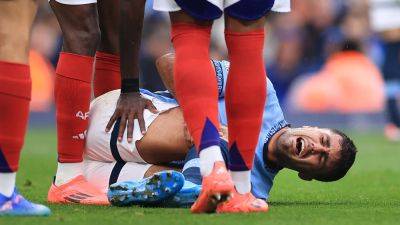Epilepsy drug could help people with sleep apnoea get a good night’s rest, study finds
A decades-old epilepsy drug could help curb the symptoms of sleep apnoea, according to new research presented in Vienna this week.
Sleep apnoea – a condition that causes people’s breathing to start and stop many times during sleep, affecting their oxygen levels – affects an estimated 936 million people worldwide, with moderate to severe cases affecting about 425 million people.
Many people with sleep apnoea use continuous positive airway pressure (Cpap) machines to help prevent them from snoring, but they aren’t a silver-bullet solution.
“The standard treatment for obstructive sleep apnoea is sleeping with a machine that blows air through a face mask to keep the airways open,” Jan Hedner, the study’s lead author and a professor of respiratory medicine at Sahlgrenska University Hospital in Sweden, said in a statement.
“Unfortunately, many people find these machines hard to use over the long term, so there is a need to find alternative treatments”.
The study included nearly 300 people in the Czech Republic, Belgium, France, Germany, and Spain who have obstructive sleep apnoea (OSA) – a common form where the throat muscles relax and prevent airflow into the lungs – and did not use Cpap machines.
Researchers gave them either the drug sulthiame, which stimulates muscles in the upper airways, or a placebo.
Over the next 12 weeks, they tracked the participants’ breathing, blood oxygen levels, heart rhythm, eye movements, and brain and muscle activity while asleep.
They found that people taking the drug were less likely to have their breathing stop and had higher blood oxygen levels while asleep compared with those who got the placebo. They were also less likely to be sleepy during the daytime.
A higher dose seemed to make a bigger








